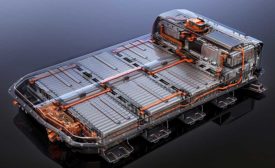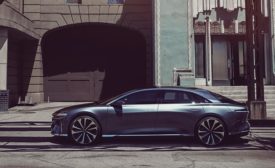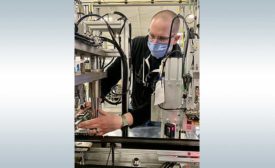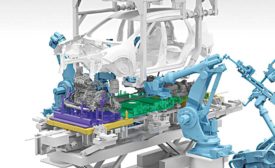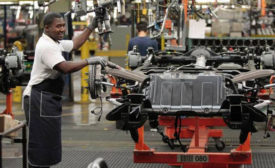Home » battery manufacturing
Articles Tagged with ''battery manufacturing''
A new technology accurately tests cylindrical, prismatic and pouch cells for electric vehicles
Read More
Tipping point?
Battery electric vehicles could be on the fast track to reach an installed base of over 100 million by 2029, but much of the growth in electrification hinges on battery technology as well as educated and willing consumers.
September 11, 2020
Never miss the latest news and trends driving the manufacturing industry
Stay in the know on the latest assembly trends.
JOIN TODAY!Copyright ©2024. All Rights Reserved BNP Media.
Design, CMS, Hosting & Web Development :: ePublishing
